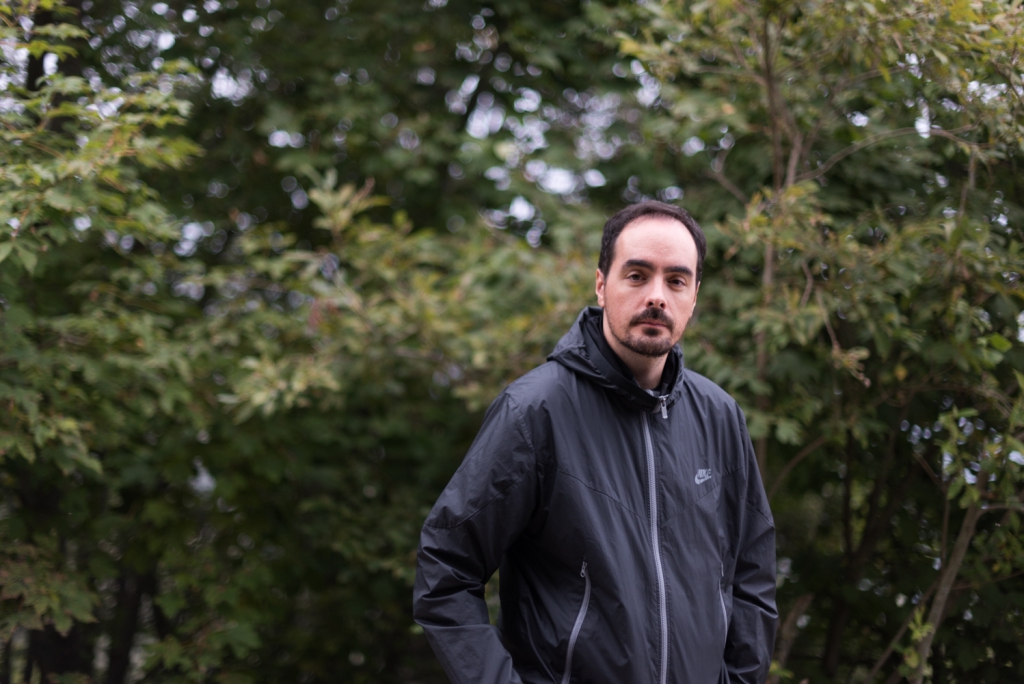“Development is open to everyone.”
Claudio, Senior Developer born in ‘79, talks about the importance of experience in software development and gives a few insights on how to maintain your skills in an ever-changing industry.
Could you describe what your career has been like so far?
My career has been rather special: after graduating, I started working as a surveyor in Turin. I then enrolled in a course in Milan because, as a music lover, I wanted to become a sound engineer. However, I did not find any professional opportunities, and after a period of working as a salesman in a toy shop, I decided to enrol at university, in the Computer Science course. Once I graduated, I worked in a company in Turin, where I started to take my first steps in web and mobile development. I then worked for several years as a consultant around Europe, working on a number of large sports-related web projects – such as the Sochi Winter Olympics website and the UEFA website. I joined Moze two years ago, and here I work on web development for technology companies and start-ups.

Is there anything in this career path that, looking back on it today, you wish you had done differently?
I would not have waited so long before changing companies, in the past, when I experienced conflicts with my manager. Sometimes it is no good insisting and, if there is no way to save the situation, it is better to recognise that the time for change has come. I would also have been very careful not to neglect learning new skills just because “there is no time”. For example, in the past, when I was busy with my day-to-day operations, I would give up on learning about mobile development, even though I was very interested in it. When I had to take up that kind of activity again a few years later, it cost me a lot of effort to recover what I had missed along the way and get back into the right mindset – which is a pity, because the mind is a muscle that needs to be constantly trained.
What advice would you give to a young developer whose career is just beginning?
I would advise them not to be afraid of dealing with the customer, to resist the temptation to be a solitary nerd. When you have problems or doubts, communicating with others is the best way to reach an understanding and to prevent yourself from working for nothing: if the specifications are not clear, talk to the customer, it will make your life easier. Of course, you have to learn a little bit of savoir-faire, and sometimes even come up against issues that are more political than functional, but if you are clear about the boundaries of your expertise and responsibilities, you will always know how to behave.
How do you decide which skills you should develop in a sector undergoing constant change?
I find myself following the philosophy of Moze, where basic skills come first, then tools. In our field, that of web development, it is far more important to have a thorough knowledge of the technologies, languages and fundamental concepts than it is to chase after this or that trendy library. In other words, thoroughly study JavaScript before looking at React: with a good foundation, it will be easy to implement the tools you need. And then you need to accept that you cannot know everything: there is no need to be ashamed if you have to go and look for the solution to a problem on Google or Stack Overflow. What counts is how you tackle a problem – whereas frameworks, libraries and tools all come and go.
How useful was studying computer science?
It was useful for me, but your study background should not represent a constraint. I have worked with colleagues whose training paths were very different from mine, and this has never been a problem. The great thing about the development world is that it is made up of people from the most diverse backgrounds. It’s great, because it’s an area that is accessible to everyone: even with an online course you can improvise, make a start and then – with sufficient dedication – gradually get better and better at it.